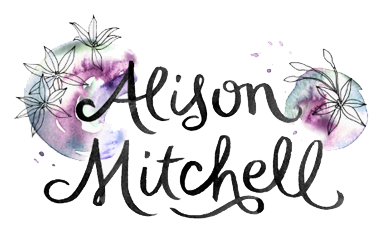In it for the long haul… recovering from post viral illness
It’s been a rampant time for viral infections lately, and not everyone bounces back that smoothly. While the most notable viral infection in recent years has been COVID, it is not the only infection known to cause long-term health issues.
Approximately 30% of people will experience longer symptoms from viral infections (not just restricted to COVID). Some papers I have found say that long covid symptoms may affect up to 80% of people.
Up to 12 weeks after covid infection is still considered to be post-acute infection symptoms, but longer than this enters the realm of long covid.
This can be an incredibly frustrating and debilitating experience as there is often few answers as to what can be done to help, and like many chronic illnesses is poorly understood. The symptoms can also fluctuate from day to day. It’s not uncommon to feel misunderstood or dismissed.
What are the symptoms of long covid? While not an exclusive list of course, I have listed below some of the more common symptoms I have been seeing in my patients who have experienced a health decline after viral infection. While research is still ongoing, this article reviews some of the symptoms of long covid quite thoroughly.

Common post viral symptoms
- Fatigue
- Brain fog
- Hair loss
- Irregular periods
- Menstrual flow changes (usually as a heavier and/or clottier flow)
- Body aches and pains
- Endometriosis and adenomyosis flares
- Digestive issues
- POTS (postural orthostatic tachycardic syndrome)
- Pain at ovulation
- Increase in cold sores
- Skin changes e.g. acne flare-up, eczema
- Respiratory symptoms, shortness of breath
- Swollen and painful glands
What makes someone more susceptible to a post-viral illness such as long covid?
There is still not enough known about this but your immune function’s ability to clear the virus, genetics, and history of/susceptibility to autoimmune disease will have a role. While long covid can affect anyone, even children, it’s more common in women and those with a history of immune imbalance.
Given what is being learnt about the importance of the mind-body connection, it’s possible that a history of trauma or emotional stress may also have an impact.
How do you know if your health issues are due to post-viral illness? Unfortunately, common tests will not always reveal an answer. Your symptoms may also come and go, which can be incredibly confusing. Blood tests showing the presence of antibodies can give a clue towards this virus still affecting your immune system and inflammation levels to some degree.
It can help to think back on your health and symptom timeline. If you feel that your health went downhill and hasn’t recovered ever since a viral infection there’s a good chance this has an impact.
How do we recover?
Sorry to say, but it depends. It depends on how it’s affecting you, your genetics, and your health history. Consulting with a practitioner will allow you to get an individualized set of recommendations.
While I cannot give individual recommendations regarding herbal medicines or supplements without consulting with someone there are a few general recommendations I can make.
- Work on your breathing technique such as consulting with a Buteyko practitioner.
- Prioritize rest and sleep.
- Work with someone to help process unresolved fears and emotions. Like chronic pain issues, post-viral illness has a strong mind-body involvement and this is an important aspect for recovery for many.
- Keep inflammatory food to a minimum – for most people, this is wheat, and dairy, but for others, it may be a low histamine diet.
- Bring laughter into your life where possible e.g. watch funny videos or comedy shows.
- Spend time in nature.
- Incorporate gentle movement e.g. pilates and stretching.
It can be very confusing navigating the possibilities of treatments. Working with a practitioner can help you to focus on what is best for you.
Hold onto hope and the belief that your body is working to do its best for you.










